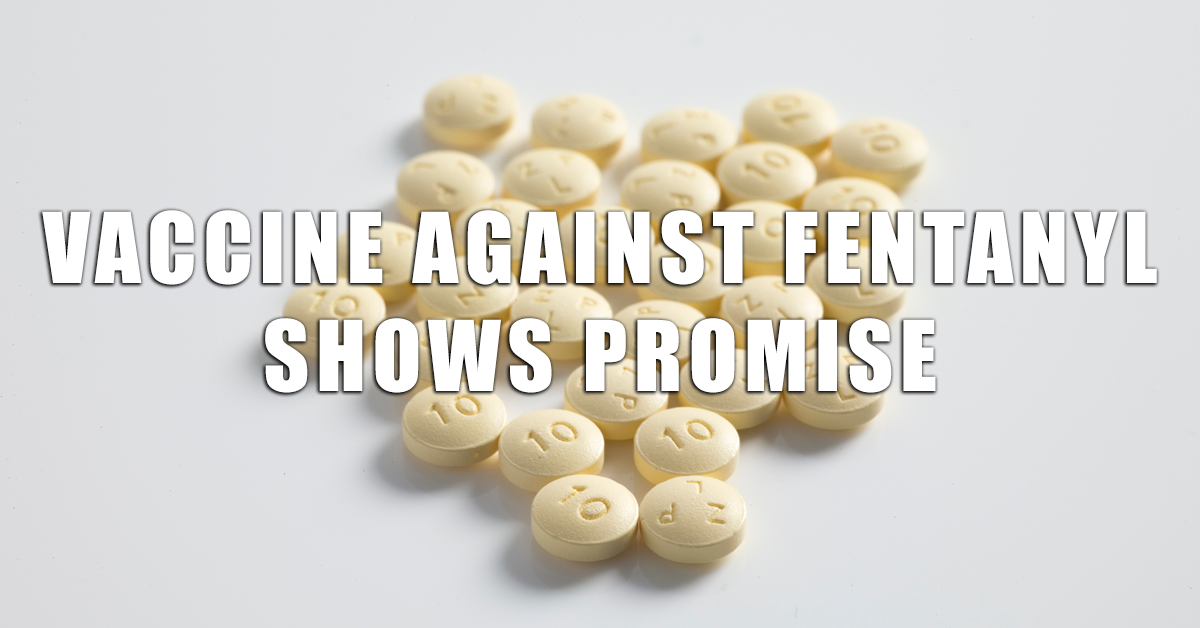
28 Jun Vaccine against fentanyl shows promise
A recent scientific study evaluating the effectiveness of a new vaccine targeting fentanyl addiction has shown promising results.
The study was published in the journal Neuropharmacology, and involved the use of a fentanyl antigen (a molecule that causes the production of specific antibodies) combined with a tetanus vaccine, and was carried out in rats. According to the study protocol, rats were given the choice between receiving fentanyl injections or food. Before receiving the fentanyl vaccine, rats chose a large amount of fentanyl. However, within four weeks of being vaccinated, fentanyl choices decreased, and food choices increased. This effect was consistent to that observed in rats receiving naltrexone, an FDA-approved treatment for opioid addiction. The results of the study show that the rats who received the vaccine were less likely to choose fentanyl and more likely to choose food, with these effects lasting several months.
“More effective and readily available treatments for opioid use disorder are needed to tackle the current crisis… One strategy includes using opioid-targeted vaccines to elicit antibody production by the host’s immune system that recognize and block the passage of a specific opioid into the brain and peripheral organs/tissue.”
Matthew L. Banks, Virginia Commonwealth University School of Medicine & Kim Janda, Scripps Institute
In their interview with Science Daily, the principal investigators of the study, Matthew L. Banks of the Virginia Commonwealth University School of Medicine and Kim Janda of Scripps Institute, said that the findings of their research suggest that immunopharmacotherapies targeting fentanyl may have the potential to prevent opioid dependence and withdrawal. Moreover, the study’s findings also suggest the vaccine may provide protection against unintended fentanyl overdose. Canada is currently facing a national opioid crisis, and the Canadian government has declared the growing number of overdoses and deaths caused by opioids, including fentanyl, a public health emergency. According to a report released by Public Health Agency of Canada, more than 10,300 Canadians have died as a result of an apparent opioid-related overdose between January 2016 and September 2018.
However, the authors also note that immunopharmacotherapies present their own unique challenges when compared to currently approved treatments. Since the vaccine requires the individual’s immune system to provide a sufficient response to the drug, it may not be effective in people with compromised immune systems or immune disease. Moreover, since vaccines need several weeks to achieve effectiveness, there would still be a lag time after treatment delivery, which could leave individuals vulnerable to the effects of the opioid for some time. The effectiveness of the new fentanyl vaccine has not yet been evaluated in humans.
[ad_2]
Source link



No Comments